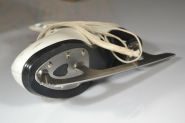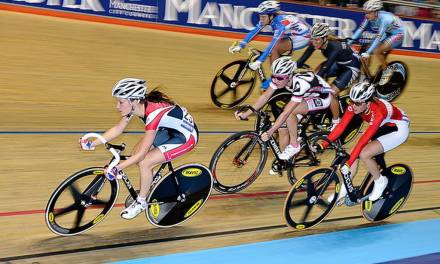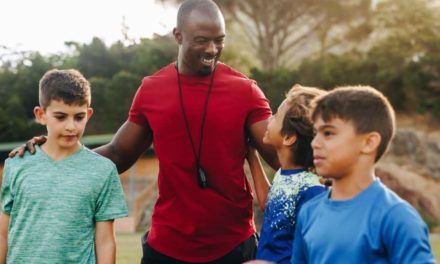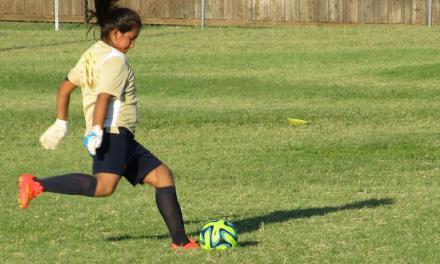The basic skills outlined by Skate UK, who are part of the National Ice Skating Association of Great Britain & N.I, are ranked in levels from level one up to level eight. The difficulty degree rises as the levels get higher with beginners starting at level one. After undertaking each of the levels, which consists of 8 weeks’ worth of coaching, assessment is taken on the eighth week and if successful, a certificate is given to the individual. They will then be allowed to progress to the higher tier of the system.
Children as young as 5 are able to take up ice skating and have skating lessons which will see them being taught the basic movements, this programme is called skating tots. The skills seen in level one are:
- Sit down and stand up
- March forwards across the ice
- Forward two foot glide
- Skate and Dip (Little Man)
- Turn around on the spot
These are the foundation movements which will allow an individual to then progress through the remaining seven levels. Before any of the professional Ice Hockey players in the world could become the successful athletes that they are today, they will have needed to start skating beforehand, which shows that although skating is its own sport it can be a route into other sports such as Ice Hockey and Speed Skating.
Sports that require the athletes to ice skate are unique to themselves as the athletes need to learn how to skate before considering learning the specific sporting movements and skills. An example of this would be a rugby player or footballer needing to learn to walk on the pitch before learning to run and then develop their world class abilities.
Due to the age of the children involved in the skating tots programme learning the level one skills, some take place off the ice before being attempted on them. This allows the individual to gain confidence in the movements and get used to the uniqueness of skates before entering the ice ring.
The National Ice Centre can be found in Nottingham, which the UK’s first twin ice pad facility comprising of two Olympic size ice rinks, one of which transforms into the Capital FM Arena. The success that Jane Torvill & Christopher Dean achieved during the 1980s allowed for ice skating to be broadcasted to the British public and for it be a sport in which Britain won an Olympic gold medal.










